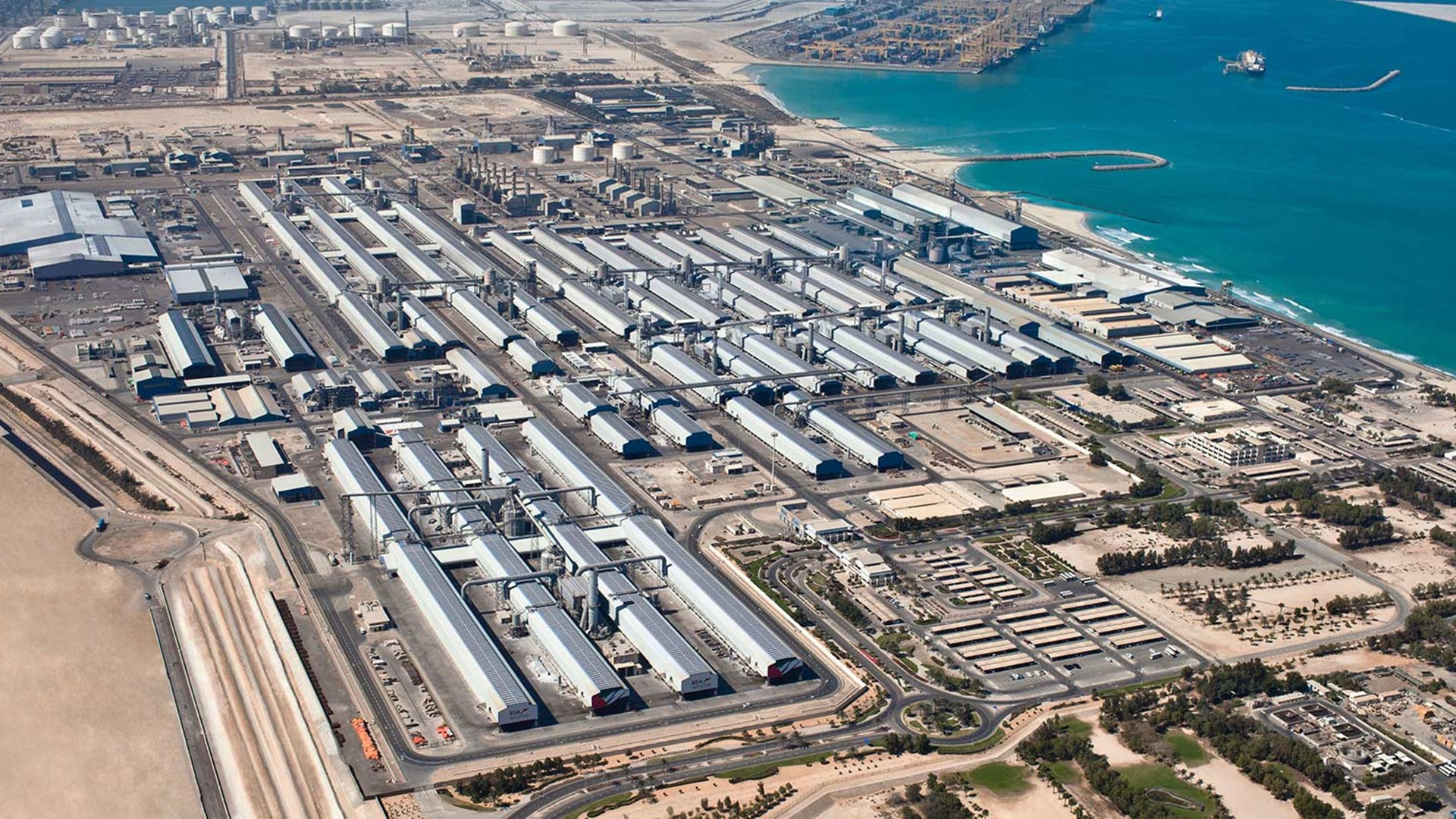Abu Dhabi, UAE – As the global automotive industry accelerates its shift towards green energy, the United Arab Emirates (UAE) is uniquely positioned to become a pioneering hub for the manufacturing of hydrogen-powered low-cost vehicles, primarily targeting the African market. This initiative could serve as a cornerstone for sustainable development and economic diversification in the UAE, while simultaneously addressing mobility and environmental challenges in Africa.
The UAE’s commitment to sustainable development, as outlined in its Vision 2021, aligns with the global transition towards renewable energy sources, including hydrogen. With its substantial investment in green technology and infrastructure, the UAE has the potential to leverage its resources, technology, and strategic location to become a leader in the production of hydrogen-powered vehicles.
The African Opportunity
Africa, with its rapidly growing population and economies, presents a significant market for low-cost, environmentally friendly vehicles. The continent’s urbanization and economic growth have led to an increased demand for transportation, yet it grapples with the challenges of air pollution and greenhouse gas emissions. Hydrogen-powered vehicles, which emit only water vapor, could offer a sustainable solution to these challenges, providing a clean, efficient mode of transportation.
Moreover, several African countries are making strides towards embracing renewable energy, which could complement the introduction of hydrogen-powered vehicles by ensuring the availability of green hydrogen fuel. This synergy between vehicle technology and fuel infrastructure is critical for the successful adoption and sustainability of hydrogen mobility solutions.
Strategic Advantages in the UAE
The UAE has several strategic advantages that make it an ideal location for manufacturing hydrogen-powered low-cost vehicles for the African market:
Technological Expertise and Innovation
The UAE is home to a growing ecosystem of tech startups and research institutions focused on renewable energy and sustainable technologies. This environment fosters innovation in hydrogen fuel cell technology, which is essential for developing efficient and affordable vehicles.
Strategic Geographic Location
Situated at the crossroads of major trade routes, the UAE offers easy access to African markets. Its well-developed logistics and transportation infrastructure can facilitate the efficient export of vehicles to Africa.
Government Support
The UAE government’s strong support for sustainable initiatives and renewable energy projects provides a conducive environment for the growth of a hydrogen-powered vehicle industry. Incentives for green investments and policies favoring renewable energy adoption underscore the government’s commitment to sustainability.
Partnerships and Collaboration
The potential for partnerships between the UAE and African countries in the field of renewable energy and green transportation could enhance the feasibility of hydrogen-powered vehicles. Collaborative projects could focus on the development of hydrogen fuel infrastructure in African markets, ensuring the sustainability of the initiative.
Challenges and Considerations
While the prospects are promising, there are challenges to consider. The initial investment in hydrogen fuel cell technology and the establishment of a manufacturing base in the UAE will require substantial capital. Additionally, developing the hydrogen fuel infrastructure in African markets is crucial for the adoption of these vehicles.
Furthermore, there is a need for regulatory frameworks and policies that support the import and use of hydrogen-powered vehicles in African countries. Collaboration between governments, industry stakeholders, and international organizations will be essential to address these challenges and create a conducive ecosystem for hydrogen mobility.
The creation of a hydrogen-powered low-cost vehicle manufacturing industry in the UAE for export to the African market presents an exciting opportunity to advance sustainable transportation solutions. It aligns with the global movement towards green energy and offers a pathway for economic diversification in the UAE and sustainable development in Africa. With strategic planning, collaboration, and investment, this vision can drive significant environmental and economic benefits, marking a new era in the automotive industry.





